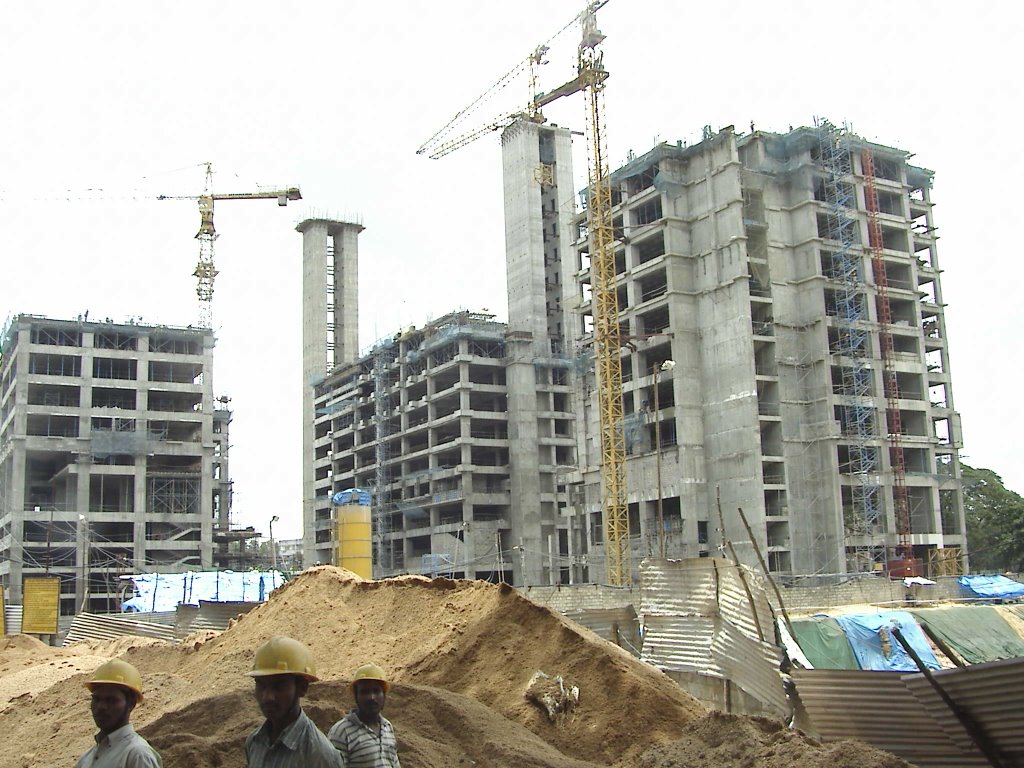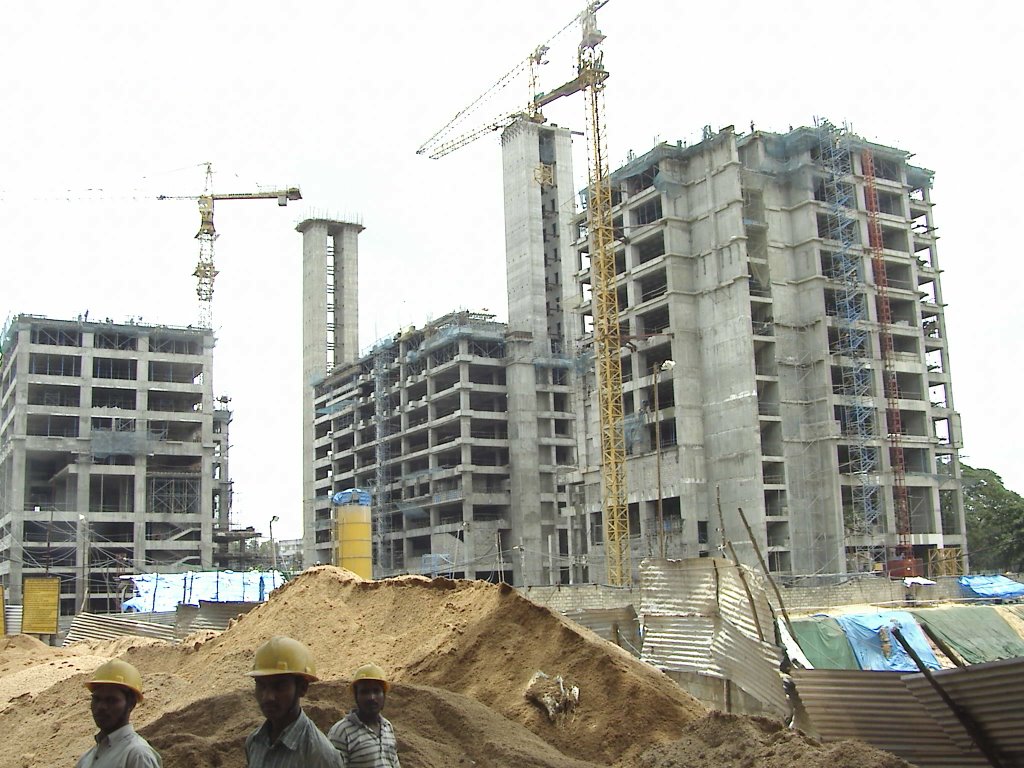
The Real Estate (Regulation and Development) Act, 2016, or RERA for short, has come into effect from May 1, 2017.
With this happening, the question on everybody’s lips is, should we buy an under-construction property? If you plan to buy a home to live in, an under-construction property makes sense because it comes cheaper than a finished one. If you plan to buy home as an investment, given that an under-construction property is cheaper, the returns are always better, depending how early in the construction stage you make the investment.
But that it the theoretical part of it. It comes with the assumption that the builder will deliver the property for which you have paid, and he will deliver it on time. The problem is that this does not always turn out to be the case. Many people in the Delhi National Capital Territory region and other parts of the country, have found this out in the last few years.
In the process, they have ended up paying EMIs on the home loans they had taken to fund their home purchase and the rent on the home in which they continue to live in. The homes they had hoped to live in are nowhere in sight.
But all this happened in era when there was no RERA. Now we have RERA. The real estate sector in the country up until now had next to no regulation from the point of view of the buyer. Buying a house required a lot of leap of faith and prayers at the same time.
The RERA essentially has these five basic purposes: a) to make sure that home that has been bought is delivered on time. b) to make sure what has been promised has been delivered with respect to the actual size of the house, the facilities etc. c) to make sure that the money taken from the buyer is used to build what has been promised and is not diverted to something else, as many builders tend to do. They tend to raise money for one project and then use it to finance another project. d) to make sure that the many permissions required to build a housing project are in place. e) to make sure that if any changes are made to the project, they have the approval of the majority of the buyers.
RERA also makes it mandatory for state governments to set up a real estate regulator. As the Act states that: “Any aggrieved person may file a complaint with the Authority [i.e., the real estate regulator of a particular state] or the adjudicating officer, as the case may be, for any violation or contravention of the provisions of this Act.”
What this basically means that if the builder takes the buyer for a ride, he can approach the real estate regulator and hope to set things right. This is precisely why there have been a flood of acche din articles in the media saying how RERA is going to save the day for real estate buyers.
There are multiple problems here:
a) While RERA is a central Act, land is a state subject. Hence, states are allowed to make the operational rules to implement RERA. Given the nexus that prevails between state level politicians and builders, state governments have already started diluting the basic spirit of RERA. In particular, an effort is being made to ensure that the ongoing projects are not brought under the ambit of RERA. This basically means that many buyers who are currently in trouble will not be able to benefit from this Act.
b) Only three states (Maharashtra, Rajasthan and Madhya Pradesh) have set up regulators up until now. Hence, the process of setting up a regulator is going to take some time.
c) It is important to understand that regulators don’t start becoming effective from day one. Take the case of the Securities and Exchange Board of India, the stock market regulator. It was set up in 1992 and in 1994 the vanishing companies scam, one of the biggest stock market scams, happened. This was followed by the Ketan Parekh scam in 1999-2000. Hence, it takes time for regulators to mature.
d) Also, it is important to know that the regulators don’t necessarily bat for the consumers. The Insurance Regulatory and Development Authority(IRDA) of India, the insurance regulator, for a very long time, turned a blind eye to all the misselling carried out by the insurance companies. It kept clearing investment plans which worked well for the insurance agents but not for the consumers who had bought them. The point being whether real estate regulators bat for the consumers or the builders, remains to be seen. Also, this is something that may vary from state to state.
To conclude, there are many practical things which continue to remain unclear as of now. Hence, if you are looking to buy a home to live in, it makes sense to still buy a fully finished one, rather than something which is under-construction. This may mean compromising on the size or the location, perhaps, but what you will get in return is peace of mind. And nothing is more important than that.
The column originally appeared on Business Standard The column originally appeared on Business Standard online on May 3, 2017.
